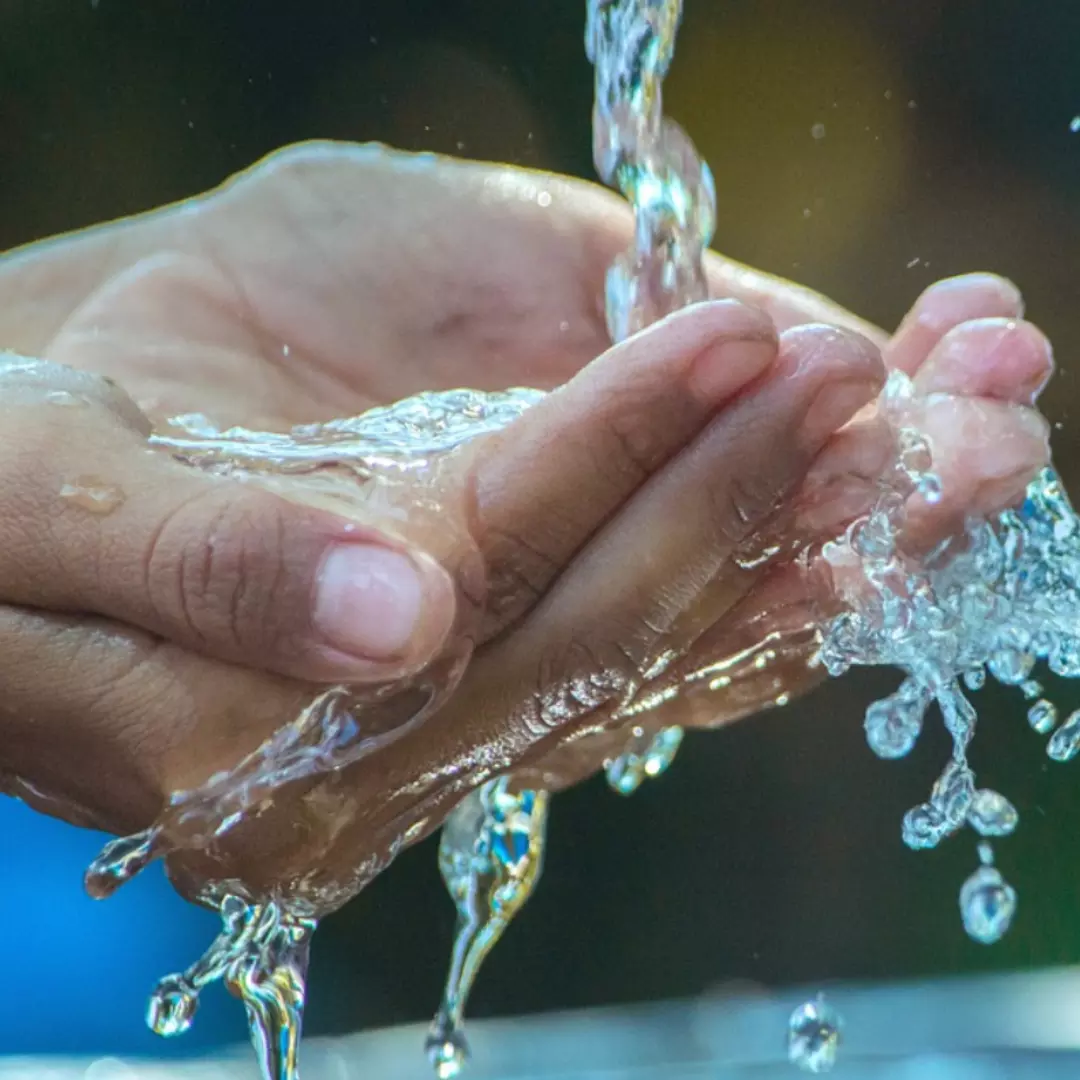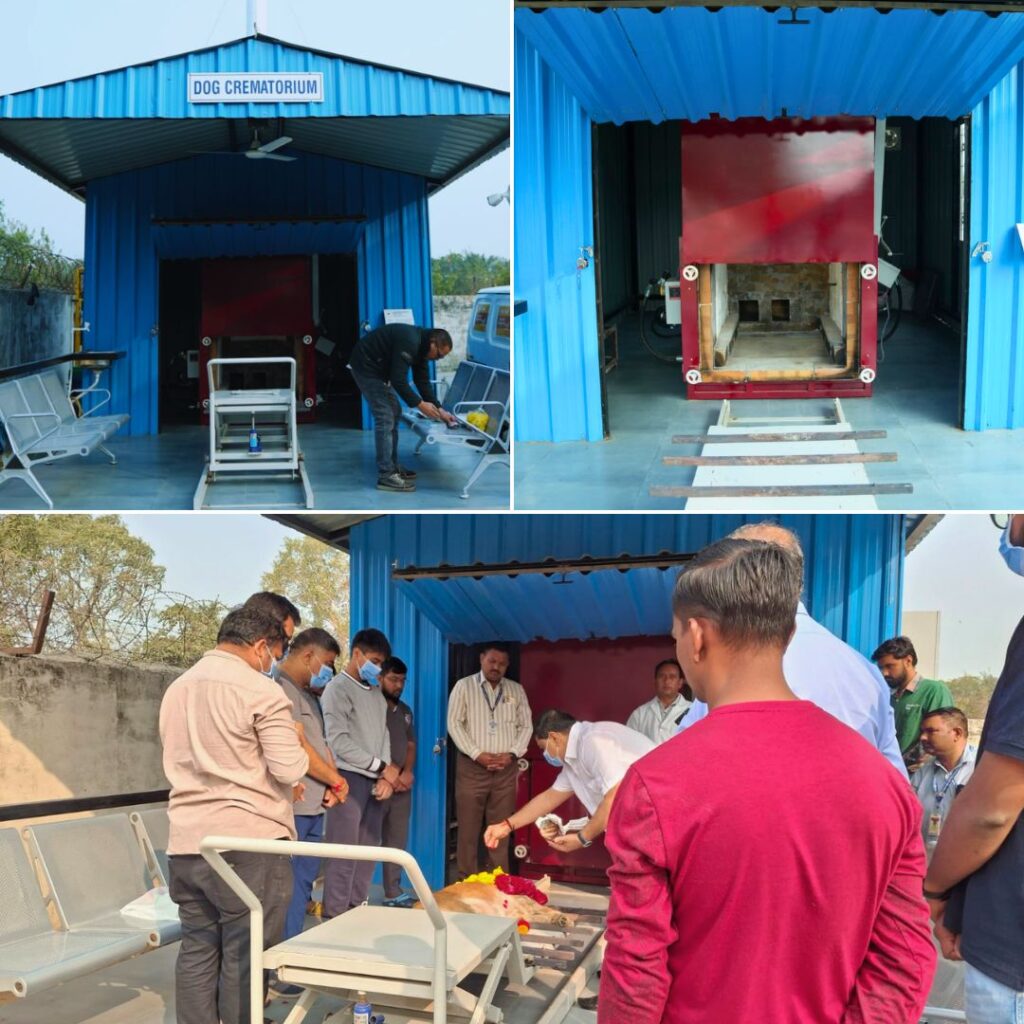The recently released UN World Water Development Report 2023 hints at the alarming state of water resources across the globe, as the report suggests that 26% of the world’s population does not have access to safe drinking water and 46% lack access to basic sanitation. The report was launched this Tuesday on the eve of first ‘United Nations Water Conference’ in over 45 years.
The information risks the attainment of United Nations’ goal to ensure the access to clean water and sanitation to all people by the year 2030. In order to fill the drastic gap between the current available water resources and the aimed quality of water in next decade, Richard Connor, the editor-in-chief of the UN report officially conveyed to a news conference that the estimated cost of meeting the goals is approximately between $600 billion and $1 trillion per annum, as per a report in The Economic Times.
As per the mentioned report, the rate of global water usage has increased multifold and continues to increase at a consistent rate of 1% per year, for over the last 40 years. The report further states, “It is expected to grow at a similar rate through to 2050, driven by a combination of population growth, socio-economic development and changing consumption patterns.”
Moreover, Richard Connor conveyed a crucial observation that the actual increase in demand of water is currently happening not in the developed but in developing countries and emerging economies. The cause of this greater demand is driven by exponential industrial growth and rapid increase in the population of cities, in the third world countries. Developing nations gradually coming at par with established economies, the elevated standard of living and ongoing infrastructural development demand for higher usage of water resources, but unfortunately at the cost of limited reserves on earth.
Direct Result Of Climate Change
The report suggests that due to climate change, “seasonal water scarcity will increase in regions where it is currently abundant, such as Central Africa, East Asia and parts of South America and worsen in regions where water is already in short supply, such as the Middle East and the Sahara in Africa”. The rate of floods in the tropical regions have increased significantly, while floods in the north mid-latitudes have increased by 2.5-fold. “Although an increase in intensity or frequency of droughts and ‘heat extremes’ can be expected in most regions as a direct result of climate change,” all of which adds up to the greater problem.
A previous report issued by UNESCO (United Nations Educational, Scientific and Cultural Organization) informs that “On an average, 10% of the global population lives in countries with high or critical water stress and upto 3.5 billion people live under conditions of water stress at least one month a year”.
The official representative of the report, Connor stressed upon forging partnerships with investors, governments and climate change communities to invest money in the direction of the global cause, to sustain the environment and provide potable water to the 2 billion people in dire need of it and proper sanitation to the 3.6 million people who do not have access to these basic amenities. He stated that 80 percent of wastewater is released to the environment without any treatment and this stat is even upto 99% in many developing countries; the issue demands for strict action on the behalf of governments and responsible authorities across the world.
The other important issues such as protection of aquatic ecosystems, proper management of water resources, monitoring water reuse system and promoting coordination and cooperation amongst nations are to be discussed in the three-day UN Water Conference, which will be co-chaired by King Willem-Alexander of the Netherlands and Tajikistan’s President Emomali Rahmon since Wednesday, respectively.
The event will include representative speakers from 171 countries and will assemble 100 ministers with more than 20 organizations for effective discussion on depletion and sustainable management of world water resource.
https://thelogicalindian.com/h-upload/2023/03/23/500x300_230735-web-10-3.webp
Trending
2023-03-23 09:13:00.0
UN Reports 26% Of World Deprived Of Clean Drinking Water & 46% Of Sanitation












